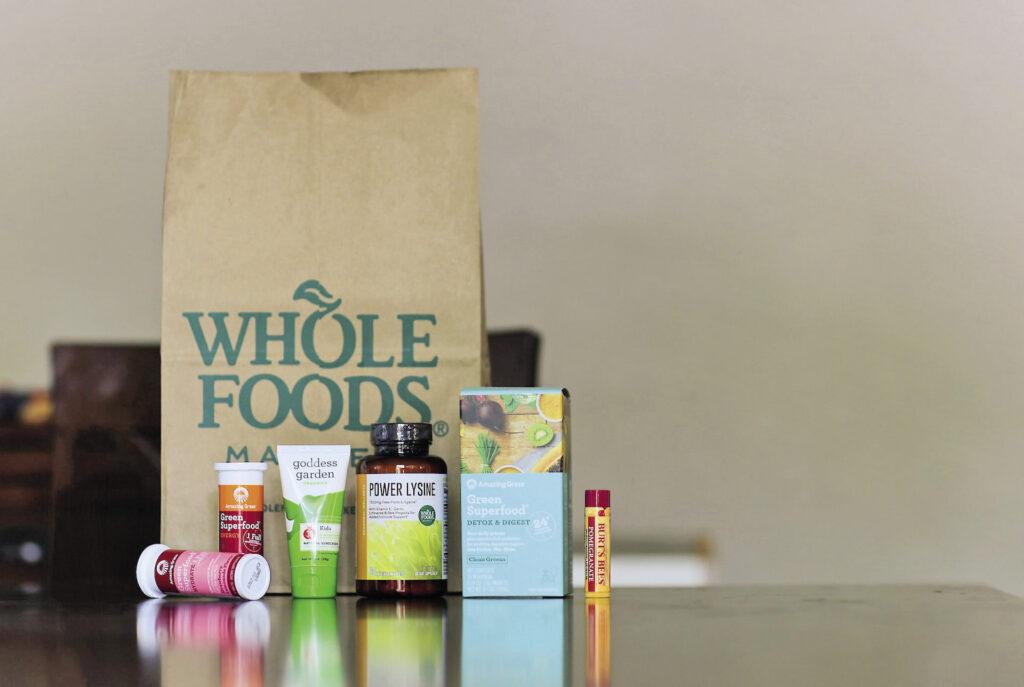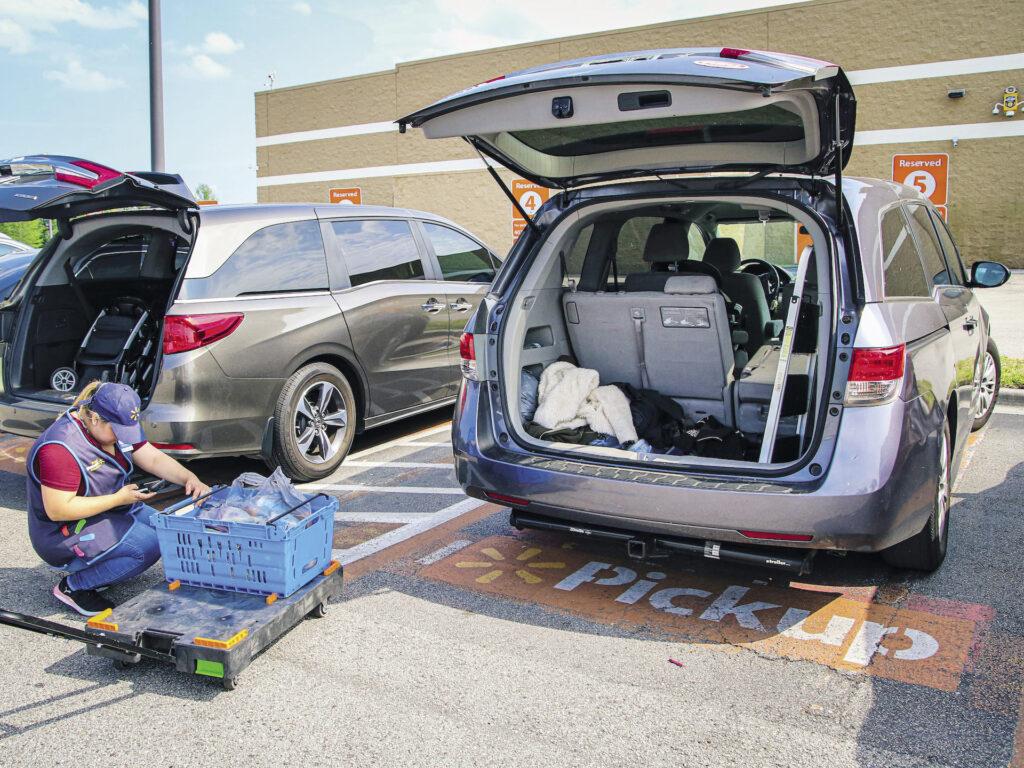Affordability, health, sustainability and comfort influence shopper decisions
Everyday life during the cost of living crisis
In the middle of the cost of living crisis, the biggest fears of consumers are rising food prices and energy bills. According to consumer research platform Attest, even if 64% of US consumers are optimistic about 2023 in general, they are worried about food-related issues: 24% are afraid they won’t have enough money to buy food, and 18% are concerned about the rising price of natural gas. Consumers are trying to make the most of the money they have in their pockets, without having to make too many compromises in their quality of life. This may lead to their becoming less loyal to brands, therefore it is vital for brands to react to the inflation the best they can.
Home cooking and using less energy
Because of the inflation and the global recession, consumers are trying to spend less and this is especially true for their energy use. Global market research company Mintel believes that brands should recommend cooking techniques to consumers which can help them use less energy. The company thinks: as the importance of energy saving is growing, in the future the information indicated on food product packaging might feature how much energy is needed for preparation. Besides offering real value, shoppers also like it if a product is cheap. Research by Kantar in the United Kingdom found that private label product sales had increased by 7.3% in 2022, and they already represent 51.6% of the market. Data from Nielsen reveal that in the USA private label products – which are 14% cheaper than branded products – realise 19% of sales.

Home cooking is still a popular saving method, but consumers also started to mind how much energy they use
Healthy body…
Consumers have long-term goals when it comes to their health. Most people already realise the relationship between having a healthy digestive system and the optimal working of the immune system. Innova Market Insights says that in line with consumer demand, the dietary supplement category now concentrates on the health of the immune system, as more than one third of products offer such benefits. One can live a healthy life if they find a balance, and consumers are trying to live a less stressful life, focusing on what is really important for them. Health is definitely a priority and people have a proactive and holistic attitude towards it. They learn about wellness and focus on happiness and emotional wellbeing, which can’t be achieved if they don’t recharge their batteries – the body needs energy, as the pandemic showed that being tired and stressed all the time has a negative influence on feeling well in the long run.

The majority of dietary supplements concentrate on the health of the immune system
Pleasure, no guilt
Consumers are getting tired because of the constant crisis mode, so they are looking for sources of pleasure to reward themselves even if they are cutting back on their spending. This is the reason why brands should review how they position comfort food and drink products. At the moment there is some kind of guilt attached to enjoying these, which might alienate shoppers, as even those who are following a healthy diet need some guilt-free enjoyment – claims Mintel. Today, when times are hard, these products should be positioned as a kind of occasional need or an essential part of self-care. Positive messages from brands can help to relieve the crisis-induced stress for consumers. A survey by Attest has revealed that 51% of US consumers like funny brand messages, 49% prefer motivating ones and 39% like to see reassuring brand communication.
Sustainability: people want to see brands that act
Climate change and environmental problems – a lot of people are worried about these. Since many of them have already made changes in their lives to put a smaller burden on the environment, they also want brands to act, across the whole supply chain. According to Attest, 54% of US consumers recycle and 27% cut down on their plastic use, while 18% buy products by green brands. What is more, in the spirit of sustainability 17% have decided to eat more plant-based food. Economical water use is especially important nowadays. Mintel claims that 36% of Brits have limited their water use for good, and 45% of them do this from time to time.

Consumers expect brands to holistically and proactively approach sustainability
Sustainable food in sustainable packaging
Consumers are very much interested in food coming from sustainable sources. Research commissioned by WWF and carried out by the Economist Intelligence Unit (EIU) revealed that the popularity of sustainable products had increased by 71% between 2016 and 2020, and this trend continued during Covid as well. Research and technology company Glow published a study in 2022, according to which every fourth British consumer has changed their food buying habits and now choose sustainable brands. Today sustainable products are available in every form, size, flavour and texture – and of course there are innumerable sustainable packaging designs as well. 2023 can be the year when more and more people will decide to buy sustainable food products.
Online shopping – comfort is guaranteed
Data by NielsenIQ reveal that in the USA the number of online grocery shoppers – including food and alcoholic drink buying – grew from 16.1 million in June 2019 to 45.6 million in June 2020. Today 22% of customers supplement food shopping in physical stores with ordering online. Consumers are using shopping apps and the click-and-collect service, they plan their shopping more than ever before, and it is very important for them to get the products the way they want it.

More and more consumers are expected to prefer click-and-collect service and curbside pickup
//
There will be no deep crisis, but a long recession and a loan crisis are likely to occur
According to the solvency report of Intrum and GKI, the financial situation of Hungarian households won’t improve significantly in 2023, but the crisis will be less deep than during the pandemic. In the 4th quarter of 2022 the Intrum Solvency Index (IFI) was 2.3 on average, which was lowest level since 2013. Compared with the same period of 2021, the index was down 90%.
Judit Üveges, sales director of Intrum:

Judit Üveges
sales director
Intrum
“It is good news that Hungarian and international numbers don’t suggest a sudden, deep recession, so we don’t need to be afraid of a surge in the level of unemployment. Consumers and companies both have considerable financial reserves in the developed countries.” On a like-for-like basis the Hungarian GDP grew in the 3rd quarter of 2022, but compared with the 2nd quarter it was down 0.4%.
In Hungary the financial reserves of consumers are smaller than the European average, so there is a bigger risk of households becoming insolvent. Dr László Molnár, CEO of GKI: “In the 3rd quarter of last year, the number of personal loans with a repayment delay longer than 90 days increased to 3.9%. Our banking system must prepare for further increase in this respect.” // //
CEOs are getting ready for a global economic slowdown
EY’s 1,200-respondent global CEO survey has revealed: 98% of company heads are preparing for an economic slowdown, and 55% reckon there will be a long recession.
Due to the geopolitical challenges, 97% of CEOs are reviewing their business plans and 44% are postponing their investments. From the participating CEOs 46% plan mergers or acquisitions this year. From all the respondents 39% would spend more on sustainable operations, while 36% intend to invest in talented workers. 70% of CEOs reckon that flexible working time can play a key role in recruiting and keeping the best professionals. //
This article is available for reading in Trade magazin 2023.2-3.
Related news
How does the forint exchange rate affect consumer prices?
🎧 Hallgasd a cikket: Lejátszás Szünet Folytatás Leállítás Nyelv: Auto…
Read more >40 secure jobs, sustainable solutions – new BURGER KING® in Csepel
🎧 Hallgasd a cikket: Lejátszás Szünet Folytatás Leállítás Nyelv: Auto…
Read more >Carrefour and Coca-Cola are focusing on refillable glass bottles
🎧 Hallgasd a cikket: Lejátszás Szünet Folytatás Leállítás Nyelv: Auto…
Read more >Related news
How does the forint exchange rate affect consumer prices?
🎧 Hallgasd a cikket: Lejátszás Szünet Folytatás Leállítás Nyelv: Auto…
Read more >HELL CITY has arrived, led by Michele Morrone
🎧 Hallgasd a cikket: Lejátszás Szünet Folytatás Leállítás Nyelv: Auto…
Read more >Two million people have already voted, so 57 million forints will be given to locals in 125 settlements, courtesy of Tesco
🎧 Hallgasd a cikket: Lejátszás Szünet Folytatás Leállítás Nyelv: Auto…
Read more >







